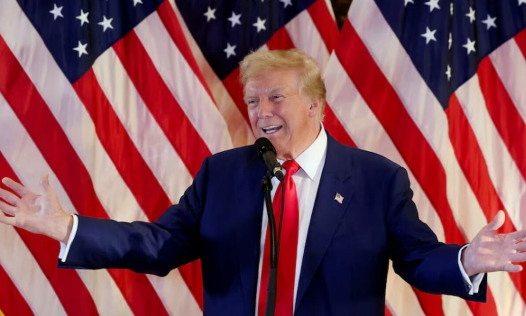Payment is being processed. Please do not refresh or close this page until your payment is complete.
 Book an Appointment
Book an Appointment

Former U.S. President Donald Trump has proposed granting automatic green cards to foreign students who graduate from U.S. colleges, including junior colleges—a significant shift from his previous immigration policies. This proposal is particularly relevant for Indian students, who constitute a substantial portion of the international student population in the United States.
Key Highlights of the Proposal
• Automatic Green Cards at Graduation: Trump suggested that foreign students should receive a green card—granting permanent residency in the U.S.—automatically upon graduation, stating, “I think you should get a Green Card automatically as part of your diploma” .
• Retention of Global Talent: He emphasized the loss of talent due to current visa restrictions, noting that many graduates return to countries like India and China to establish successful companies, thereby benefiting those economies instead of the U.S.
• Scope of the Proposal: The plan would apply to graduates from all U.S. colleges, including junior colleges, potentially affecting a significant number of international students.
Clarifications and Conditions
Following Trump's remarks, his campaign clarified that the proposal would include an “aggressive vetting process.” According to campaign spokeswoman Karoline Leavitt, the policy would apply only to “the most thoroughly vetted college graduates who would never undercut American wages or workers,” explicitly excluding individuals deemed as “communists, radical Islamists, Hamas supporters, America haters, and public charges” .
Implications for Indian Students
Indian students, who represent a significant portion of the international student body in the U.S., stand to benefit notably from this proposal. Experts suggest that such a policy could rejuvenate the appeal of U.S. higher education among Indian students, potentially reversing recent declines in enrolment due to visa uncertainties and safety concerns .
However, it's important to note that this proposal is currently a campaign promise and has not been enacted into law. Its implementation would depend on various factors, including legislative approval and the outcome of the upcoming U.S. presidential election.